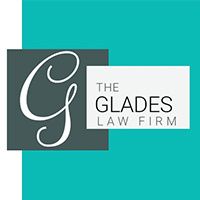Asbury DUI-DWI Lawyer, Missouri
Not enough matches for Asbury DUI-DWI lawyer.
Below are all Asbury Criminal lawyers.
Phillip Alan Glades
✓ VERIFIEDAccident & Injury, Divorce & Family Law, Criminal
Our experienced legal staff is dedicated to helping you with the following legal matters: Family Law Criminal Defense Personal Injury
Patrick Michael Martucci
Child Custody, DUI-DWI, Personal Injury, Medical Malpractice, Accident & Injury
Status: In Good Standing
Brian V. Glades
Premises Liability, Criminal, Products Liability, Car Accident
Status: In Good Standing
Charles H. Lonardo
Foreclosure, Health Care Other, Divorce & Family Law, Juvenile Law, Bankruptcy & Debt
Status: In Good Standing
Charles H. Lonardo
Traffic, Family Law, Criminal, Bankruptcy
Status: In Good Standing Licensed: 43 Years


